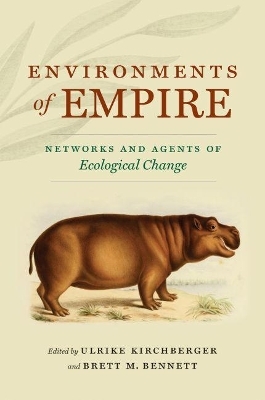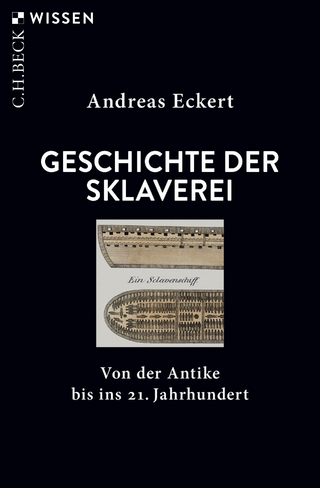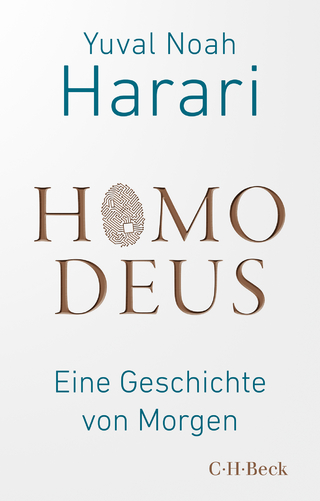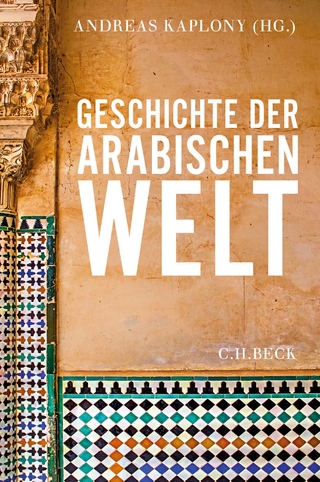
Environments of Empire
Networks and Agents of Ecological Change
Seiten
2020
The University of North Carolina Press (Verlag)
978-1-4696-5593-2 (ISBN)
The University of North Carolina Press (Verlag)
978-1-4696-5593-2 (ISBN)
Advances an historical analysis that is comparative, transnational, and interdisciplinary to understand the causes, consequences, and networks of biological exchange and ecological change resulting from imperialism.
The age of European high imperialism was characterized by the movement of plants and animals on a historically unprecedented scale. The human migrants who colonized territories around the world brought a variety of other species with them, from the crops and livestock they hoped to propagate, to the parasites, invasive plants, and pests they carried unawares, producing a host of unintended consequences that reshaped landscapes around the world. While the majority of histories about the dynamics of these transfers have concentrated on the British Empire, these nine case studies-focused on the Ottoman, French, Dutch, German, and British empires-seek to advance a historical analysis that is comparative, transnational, and interdisciplinary to understand the causes, consequences, and networks of biological exchange and ecological change resulting from imperialism.
Contributors: Brett M. Bennett, Semih Celik, Nicole Chalmer, Jodi Frawley, Ulrike Kirchberger, Carey McCormack, Idir Ouahes, Florian Wagner, Samuel Eleazar Wendt, Alexander van Wickeren, Stephanie Zehnle.
The age of European high imperialism was characterized by the movement of plants and animals on a historically unprecedented scale. The human migrants who colonized territories around the world brought a variety of other species with them, from the crops and livestock they hoped to propagate, to the parasites, invasive plants, and pests they carried unawares, producing a host of unintended consequences that reshaped landscapes around the world. While the majority of histories about the dynamics of these transfers have concentrated on the British Empire, these nine case studies-focused on the Ottoman, French, Dutch, German, and British empires-seek to advance a historical analysis that is comparative, transnational, and interdisciplinary to understand the causes, consequences, and networks of biological exchange and ecological change resulting from imperialism.
Contributors: Brett M. Bennett, Semih Celik, Nicole Chalmer, Jodi Frawley, Ulrike Kirchberger, Carey McCormack, Idir Ouahes, Florian Wagner, Samuel Eleazar Wendt, Alexander van Wickeren, Stephanie Zehnle.
Ulrike Kirchberger is a research fellow at the University of Kassel in Germany. Brett Bennett is associate professor of history at the University of Johannesburg and Western Sydney University.
| Erscheinungsdatum | 28.02.2020 |
|---|---|
| Reihe/Serie | Flows, Migrations, and Exchanges |
| Verlagsort | Chapel Hill |
| Sprache | englisch |
| Maße | 155 x 235 mm |
| Gewicht | 425 g |
| Themenwelt | Sachbuch/Ratgeber ► Geschichte / Politik ► Allgemeines / Lexika |
| Geisteswissenschaften ► Geschichte ► Allgemeine Geschichte | |
| Naturwissenschaften ► Biologie ► Ökologie / Naturschutz | |
| Naturwissenschaften ► Geowissenschaften ► Geografie / Kartografie | |
| Technik ► Umwelttechnik / Biotechnologie | |
| ISBN-10 | 1-4696-5593-4 / 1469655934 |
| ISBN-13 | 978-1-4696-5593-2 / 9781469655932 |
| Zustand | Neuware |
| Informationen gemäß Produktsicherheitsverordnung (GPSR) | |
| Haben Sie eine Frage zum Produkt? |
Mehr entdecken
aus dem Bereich
aus dem Bereich
von der Antike bis ins 21. Jahrhundert
Buch | Softcover (2024)
C.H.Beck (Verlag)
12,00 €


